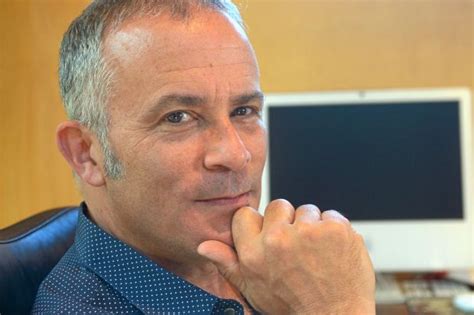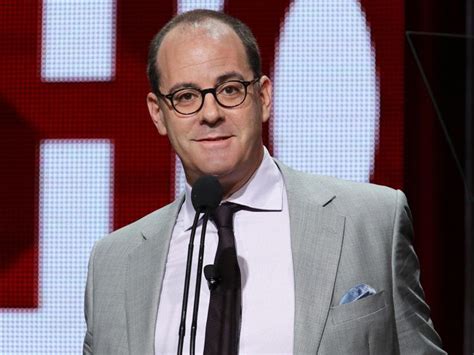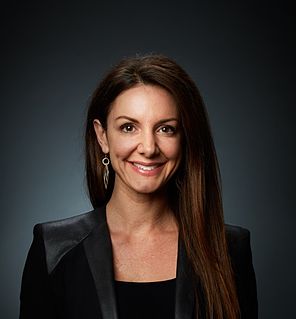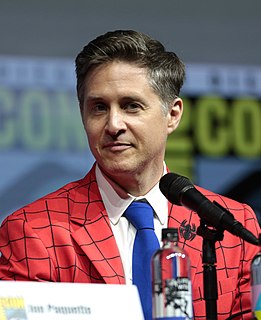A Quote by Tom Barbash
My characters tend, if wounded, to be emotionally resourceful. Often they're in that way station between when loss happens and when it can be fully comprehended. In the meantime they're fighting to get something back, and occasionally they prevail in surprising ways.
Related Quotes
What is a scene? a) A scene starts and ends in one place at one time (the Aristotelian unities of time and place-this stuff goes waaaayyyy back). b) A scene starts in one place emotionally and ends in another place emotionally. Starts angry, ends embarrassed. Starts lovestruck, ends disgusted. c) Something happens in a scene, whereby the character cannot go back to the way things were before. Make sure to finish a scene before you go on to the next. Make something happen.
Many writers struggle with exposition in their novels. Often they heap it on in large chunks of straight narrative. Back story – what happens before the novel opens – is especially troublesome. How can we give the essentials and avoid a mere information drop?
Use dialogue. First, create a tension-filled scene, usually between two characters. Get them arguing, confronting each other. Then you can have the information appear in the natural course of things.
When we get our sense of self from only one place, when something goes wrong and the inevitable happens, it can crush you emotionally, spiritually and physically. So it’s important not to believe you are defined by one place, one relationship or one thing, and to find ways to keep your sense of self strong.
We have two different ways of working. One is completely unstructured where somebody just starts playing and somebody joins in and then the other person joins in, and something starts to happen. That's occasionally what happens. What more often happens is that we settle on some sort of - a few sort of structural ideas, like, "Okay, when I put my finger up, we're all going to move to the extremes of our instruments. So, that means you can only play either very high or very low or both. And we're going to stay there until I take my finger down.






































